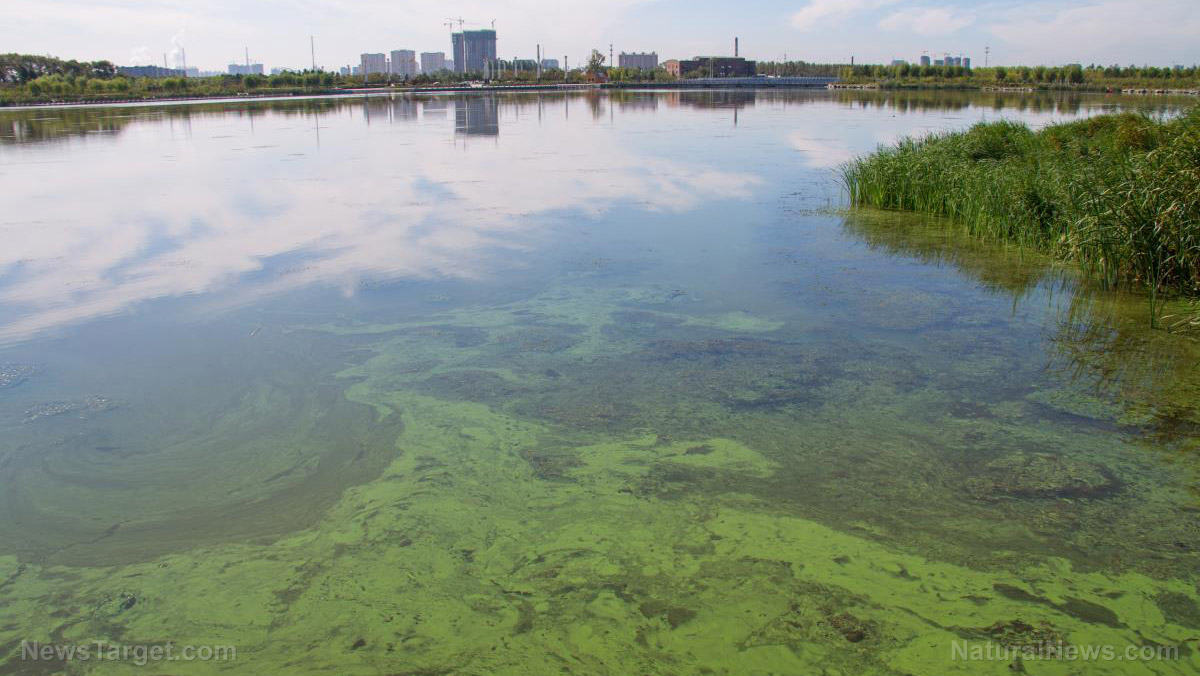 Parler
Parler Gab
Gab
Lawsuit exposes EPA's willful disregard for PFAS proliferation in the environment
The lawsuit, initiated in June 2024, was filed on behalf of a group of Texas farmers and ranchers who allege that PFAS contamination from sewage sludge has led to severe health issues among their livestock. The farmers believe that the toxic sewage sludge is not only jeopardizing their animals’ health and their livelihoods, but its proliferation has also devalued their property. The EPA's motion to dismiss the case, submitted on September 9, 2024, argues that the agency is not mandated to specifically identify or regulate PFAS chemicals under current legal frameworks. According to the EPA, the Clean Water Act necessitates periodic reviews of sewage sludge regulations, but it does not obligate the agency to identify and regulate additional toxic pollutants, including PFAS. The EPA asserts that it has discretion to regulate such pollutants but this discretion remains within the agency's purview and is not a legally enforceable requirement. “The relief they seek — an order directing EPA to identify PFAS in its next biennial report and to regulate PFAS thereafter — is simply not available,” the EPA stated in its court filing. In other words, EPA officials do not have to follow any consistent code of conduct and refuse to be held accountable when they fail to do their job. PEER attorney Laura Dumais countered that the EPA's position contradicts the Clean Water Act’s mandate and could potentially endanger the health of millions exposed to PFAS-contaminated sewage sludge. "The agency’s stance ignores the evident risk that PFAS-laden sludge poses when spread over vast agricultural lands," Dumais said in a press release. Instead of addressing a systemic environmental and health issue, the agency would rather pretend that the issue is unchangeable, and that the toxin’s elimination is impossible, unenforceable. The Clean Water Act specifies that the EPA review sewage sludge “every two years to identify any additional pollutants that may occur.” Additionally, the EPA is required to set and enforce regulations for those pollutants if sufficient scientific evidence shows they may harm human health or the environment.” With backlash mounting, the EPA is currently undertaking a risk assessment for two specific PFAS chemicals currently present in biosolids. The findings are expected to be published by the end of 2024, potentially influencing future regulatory actions.Cancer-causing PFAS proliferate sewage sludge but their presence has been ignored by regulators for decades
PFAS, or per- and polyfluoroalkyl substances, are a large class of synthetic chemicals known for their water- and grease-resistant properties. These "forever chemicals" are used in a variety of industrial applications and consumer products, including non-stick cookware, stain-resistant fabrics and firefighting foams. Their chemical structure, characterized by a chain of carbon atoms bonded to fluorine atoms, makes them highly stable and resistant to degradation. This stability leads to their persistence in the environment and accumulation in living organisms, posing significant challenges for environmental and public health. PFAS contamination is particularly concerning due to their association with serious health issues, such as cancers, liver damage and reproductive disorders, as well as their widespread presence in soil, water and food supplies. The National Association of State Departments of Agriculture has labeled PFAS as a “major hazard” for U.S. farmers, with contamination incidents reportedly affecting agricultural operations in multiple states. Municipal and industrial waste is typically treated to eliminate pathogens before being used as fertilizer, but PFAS compounds are not removed during this process. As a result, over 2.4 million tons of biosolids, which often contain PFAS, are applied annually to farms, pastures, parks and home gardens across the United States. Sources include: ChildrensHealthDefense.org NaturalNews.com Peer.org [PDF] NaturalNews.com Biosludge.newsHezbollah fires BALLISTIC MISSILE targeting Mossad headquarters in Tel Aviv
By Richard Brown // Share
Governments continue to obscure COVID-19 vaccine data amid rising concerns over excess deaths
By patricklewis // Share
Tech giant Microsoft backs EXTINCTION with its support of carbon capture programs
By ramontomeydw // Share
Germany to resume arms exports to Israel despite repeated ceasefire violations
By isabelle // Share










